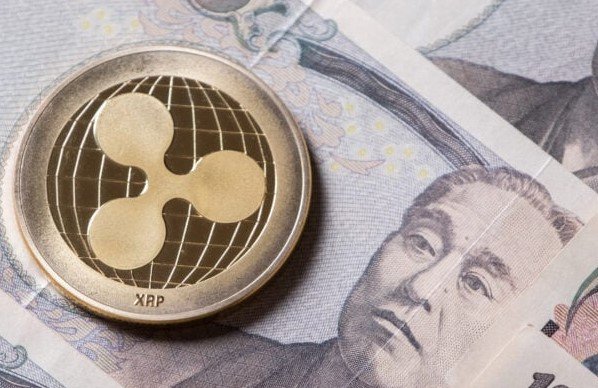Japan is inching closer to a major shakeup in its cryptocurrency rules. The Financial Services Agency (FSA) is reportedly reconsidering a longstanding ban that prevented banks from trading or holding crypto, signaling a potential return of traditional banking muscle to the digital asset arena.
If approved, this change would allow bank subsidiaries to compete directly with established players like SBI Holdings and Rakuten Securities, while regulators plan strict risk disclosures to shield retail investors from crypto’s notorious volatility.
Banks Might Get the Green Light
For years, Japan has been careful with crypto. Banks were barred under the Banking Act from trading or holding digital assets for investment purposes. The FSA’s proposed revisions could change that, letting securities arms of banking groups register as crypto service providers.
Finance watchers say this could be one of the most significant policy overhauls since Japan legalized crypto exchanges in 2017.

Securities subsidiaries would finally enjoy a level playing field, able to operate alongside fintech giants. This could reshape Japan’s tightly controlled digital asset market and lure mainstream investors back into the fold.
Discussions with the Prime Minister’s advisory body are expected soon, focusing on how banks could treat crypto like other assets—stocks, bonds, and government securities—while still following rigorous risk management and disclosure standards.
The FSA is clear: banks will need to clearly warn customers about volatility. Bitcoin and other digital assets lack tangible backing. Large holdings could expose balance sheets to stress if prices tumble. This is what triggered the 2020 ban.
Crypto Market Feels the Heat
Meanwhile, the crypto market is anything but calm. Over the past 24 hours, the global market cap dropped roughly 2% to $3.70 trillion. Yet trading volume spiked 31% to $224 billion, signaling rapid fund movement amid turbulence.
Bitcoin itself has been a rollercoaster. It jumped above $113,000 on Tuesday before dropping below $109,000. At press time, BTC was averaging $108,773. This whiplash reflects both investor uncertainty and speculative positioning ahead of potential policy shifts in Japan.
-
Open interest in Bitcoin futures has surged from $28 billion to $32 billion since October 10, following a $20 billion wipeout in leveraged positions.
Gold and silver also saw wild swings. Gold fell 5% to $4,130, silver nearly 8%. Traders fleeing metals may have partly fueled crypto demand, showing how intertwined these markets have become.
Regional Implications and Global Context
Japan’s potential move is not occurring in isolation. Major global financial players like BlackRock and Fidelity are actively entering crypto through Bitcoin ETFs. Tokyo seems determined not to lag behind, aiming to position itself as a regional hub for digital finance.
A favorable ruling could encourage other Asian banks to follow suit, potentially reshaping investment flows across the continent.
Here’s a quick snapshot of the market dynamics:
| Asset | 24h Change | Current Price | Volume |
|---|---|---|---|
| Bitcoin | -2.9% | $108,773 | $224B |
| Gold | -5.1% | $4,130 | $18B |
| Silver | -7.8% | $57.3 | $9B |
This table reflects how both crypto and traditional safe-haven assets have reacted to market stress and policy speculation.
Japan’s careful yet progressive stance may set a precedent. Regulators are balancing innovation with caution, ensuring retail investors are informed while opening doors to broader institutional participation.
If the FSA gives the nod, banks could bring billions in traditional capital, creating a hybrid ecosystem where crypto and conventional finance coexist. Investors are watching closely.








